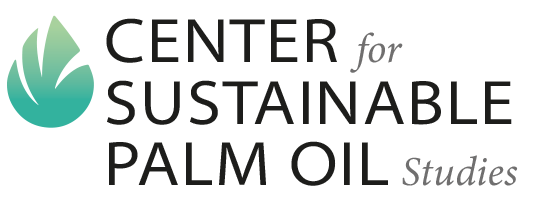What Is Certified Sustainable Palm Oil?
The increase in the global demand of palm oil has led to the establishment of different certification schemes to monitor palm oil production to guarantee the highest possible sustainability standards.
Whilst certifications schemes have been established by various palm oil producing countries, the ones of most importance are the schemes regulating Malaysia and Indonesia, as the worlds largest palm oil producers.
Both the countries have their own national palm oil certification schemes. However, they are also a part of a non-profit international membership organizations called Roundtable on Sustainable Palm Oil (RSPO). Below we have reviewed the different certification schemes that palm oil producers from both Malaysia and Indonesia are part of.
Roundtable on Sustainable Palm Oil (RSPO)
The founding members of the RSPO include the World Wide Fund for Nature (WWF), Malaysia Palm Oil Association (MPOA), Unilever, Migros and AAK who are headquartered in Kuala Lumpur.
RSPO has representative offices in several continents, with more than 4,000 members worldwide who all represent links along the palm oil supply chain. They are committed to produce, source and/or use sustainable palm oil certified by the RSPO.
The benefit of RSPO’s voluntary nature has increased transparency in regards to standard development and auditing results. However, the drawback of the certification scheme is that it lacks legal enforcement power in comparison to legally binging national certification schemes.
Malaysian Sustainable Palm Oil (MSPO)
The Malaysian Sustainable Palm Oil (MSPO) standard is a legally binding national certification standard created by the Malaysian government and developed with input from several stakeholders in the palm oil industry. This certification standard was made compulsory in 2019.
The MSPO standard aligns the management of palm oil production with many existing national laws and regulations. The MSPO Certification provide a credible sustainable and responsible management, to bring about positive social, environmental and economic impacts, while minimising the negative impacts, particularly on its people and the environment.
In 2013 Malaysia launched the MSPO national standard, a separate standard from the already established RSPO standard. The purpose of establishing the MSPO standard is to ensure that the Malaysian palm oil industry achieves the balance between economic and social development and protection of the environment.
The MSPO standard is split into four parts:
- General principles
- General principles for smallholders
- General principles for palm oil plantations and organised smallholders
- General principles for palm oil mills.
The general principles consist of management and commitment responsibilities; transparency; compliance to legal requirements; social responsibility; health, safety and employment conditions; environment, natural resources, biodiversity and ecosystems; best practices; and development of new planting.
Indonesian Sustainable Palm Oil (ISPO)
The Indonesian Sustainable Palm Oil (ISPO) standard, introduced in 2011 by the Government of Indonesia, is designed to ensure that all Indonesian oil palm growers, not just those exporting to foreign markets, conform to higher agricultural standards.
It is mandatory for all oil palm growers operating in Indonesia to adhere to the Standard, from large plantation companies to smallholders, although requirements for each vary. Large producers were required to comply with the standards by 2014, or face penalties and risk losing their license to operate.
The seven principles of the ISPO are: licensing system and plantation management; technical guidelines for palm oil cultivation and processing; environmental management and monitoring; responsibilities for workers; social and community responsibility; strengthening community economic activities; and sustainable business development.
Recently, Indonesia has undergone reform to its palm oil sustainability certification scheme to strengthen regulations. This is a result of a process to reform the ISPO that began in 2016 to address issues around accountability and transparency, as well as unclear sustainability criteria and weak enforcement.


